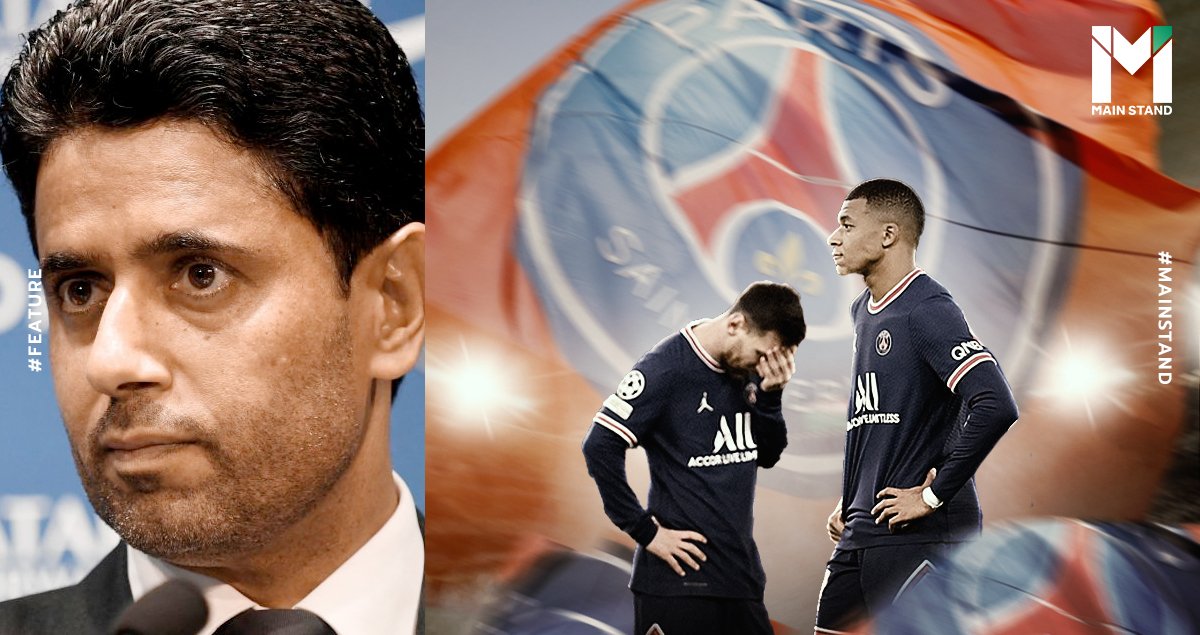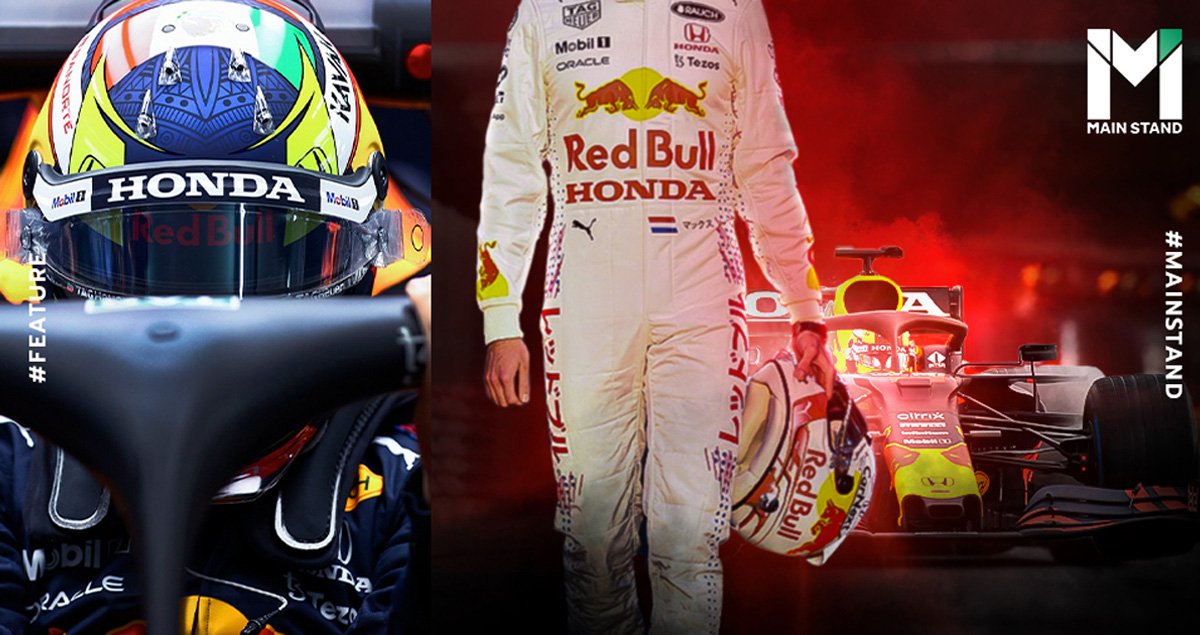
Would Sir Lewis Hamilton have won six World Championships between 2014 and 2020 had he not been the number one driver for Mercedes? On the other hand, would Mercedes have won the Constructors Championship in 2014 without Hamilton behind the wheel?
It is hard to find the answer to such hypothetical questions. However, it is certainly a topic worth exploring. What is the most essential part of a race? Does it take the best driver or the best car to win?
Follow along with Main Stand as we attempt to find out.
What’s to measure here?
The first obstacle in the equation we aim to find the answer to is, how to measure what is more important? Is there even a way to do so?
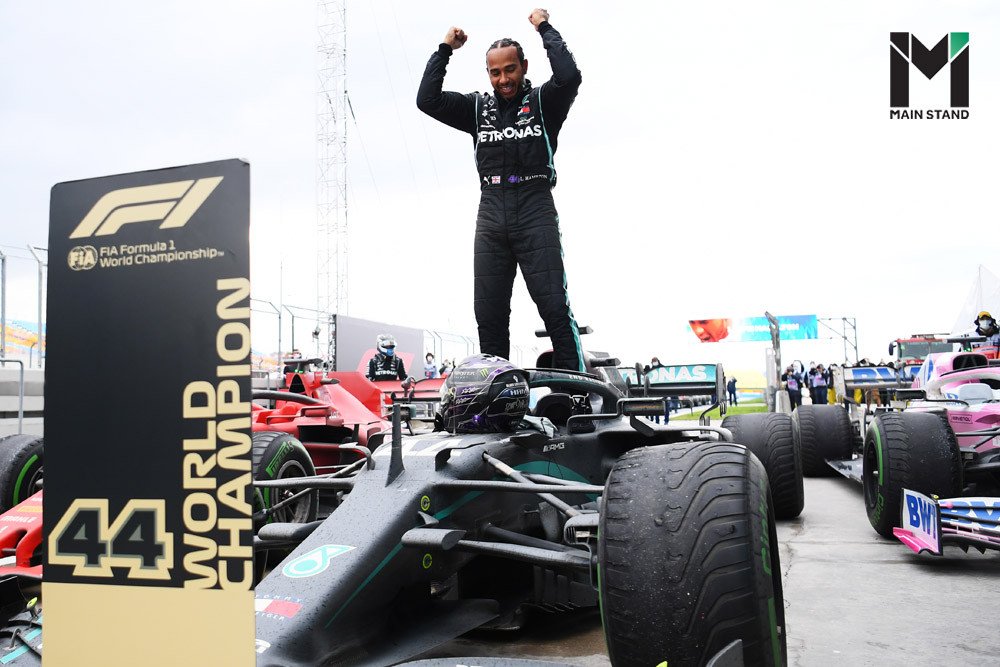
The easiest way to start might be to look back at the history of the ‘World Championship’ and ‘Constructors Championship’ in every season up to this day. It has been 64 seasons since F1 held its first Constructors Championship in 1958, but there have been only 10 occasions during which Constructors Championship was won by a team that didn’t also win the World Championship.
From these numbers, we could say that a world champion requires a car that is fast and stable enough to win the races. Meanwhile, it also shows that the constructors need the fastest drivers to lead their cars first to the chequered flag.
But these statistics do not show the whole nature of the race. For instance, in 2021, Lewis Hamilton from Mercedes lost the World Championship to Max Verstappen from Red Bull Racing only because of how the last race panned out. The same goes for the case of Filipe Massa from Scuderia Ferrari, the Constructors Champion from that season, who lost the competition to the first-time World Champion Hamilton in the last race of the 2008 season. These examples tell us that there are still many unforeseen components in the fight between the top teams which need to be accounted for.
Next would be to look if there are any drivers that significantly improve their team’s performance. However, the statistics don’t give any clear indication of that.
Because the drivers' performance is only the tip of the iceberg that viewers are allowed to see, more in-depth statistics are usually not revealed to the public and rival teams.
A team sport?
Formula 1 arguably exists somewhere between being a team sport and an individual sport. While the mechanics and engineers behind each car are crucial, the driver is clearly central to the spectacle which is broadcast to the world.
As Max Verstappen, the latest world champion, once explained: “I’m the one who’s sitting in the car so I have to do everything by myself while driving. But then, of course, the team behind you with pit stop strategy and fine-tuning the engine throughout the whole race. So, it is a team sport with a little bit of individual as well.”
“So that I think makes it different from other sports. It is not like I do an overtake, I do the pit stop and have to give the car to someone else. I am the one, of course, sitting in the car.”
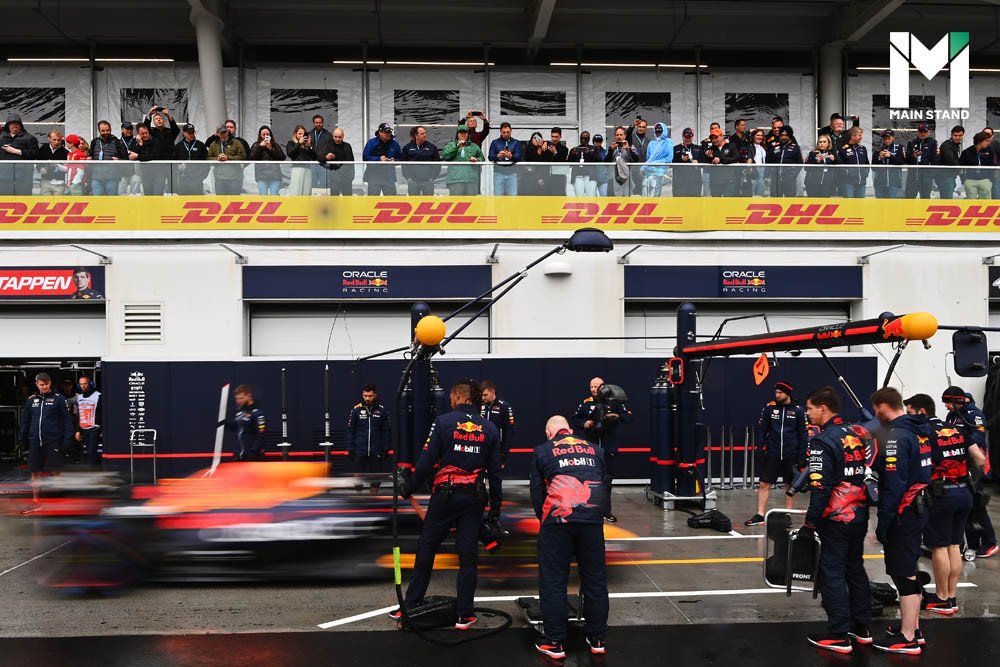
However, the importance of team standings is crucial in the world of Formula 1. Performance in the Constructors Championship determine how much money each team is paid, meaning they always ned to be on the look-out for top-notch drivers to lead their teams.
The drivers also need to have a well-practiced pit team to change tires for them, and the precisive race engineers need to calculate the best strategy possible. One wrong pit stop can make a championship slip away, or a flawed car design from the beginning of the season can hugely affect the performance of the drivers.
Furthermore, every team undeniably favors their “number one driver”. For instance, Ferrari has Charles Leclerc, Red Bull has Verstappen, and Mercedes has Hamilton. Their team’s strategy is centered around helping them win the most points for the team.
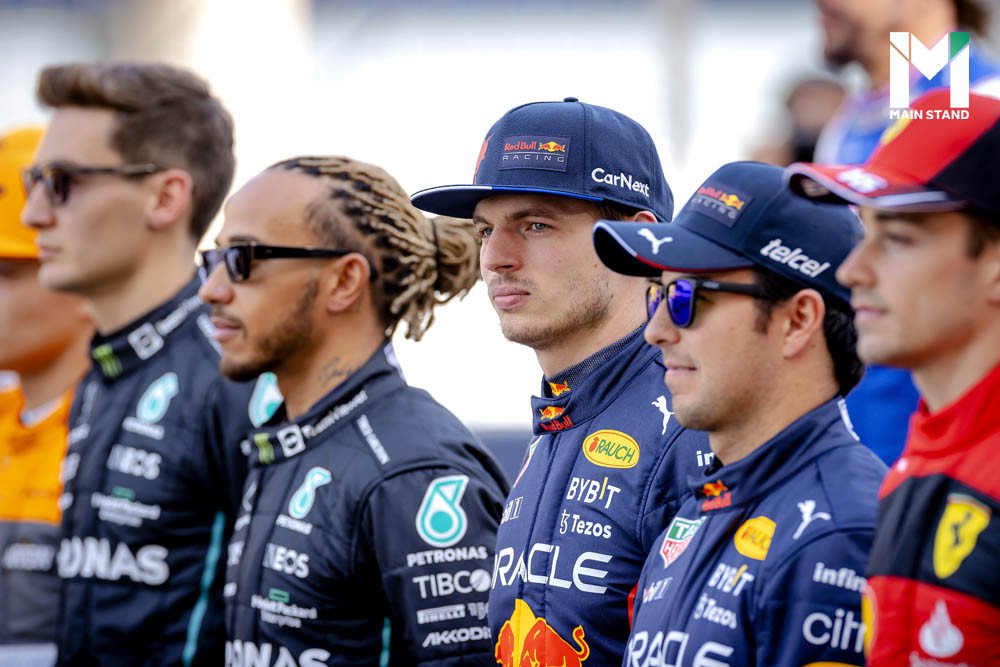
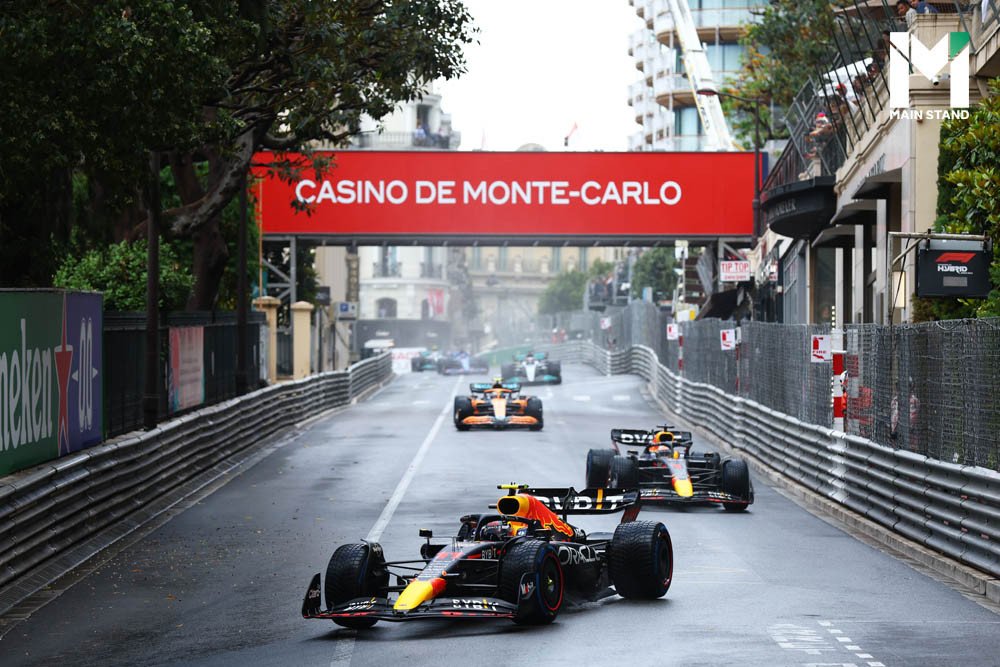
In the case of the number two drivers, they usually take the role of the supporter for the number one. Examples include Valteri Bottas, formerly with Mercedes, and Sergio Perez, who currently takes this role for Red Bull. They were not chosen to score the highest rankings, and are usually meant to back down from fights against their teammates.
However, the team can’t just choose anyone to fill this role. If the second driver builds a large points deficit gap from the number one, or cannot take the pressure from stepping up to join a bigger team, it could cost them many points. Furthermore, the Constructors Championship counts team scores from both of the drivers, not just from their number ones.
Now we see that in the context of comparing the driver and the car, the car is not the only thing that matters. It requires many factors from the staff, resources, and most importantly, their knowledge. But what is the most important here?
Indispensable
Formula 1 teams can be compared to a ‘food chain’ or an ecosystem, where a whole host of different people and roles work together to create the final product. If one link in that chain is weak, it could result in an imbalance in the entire ecosystem.
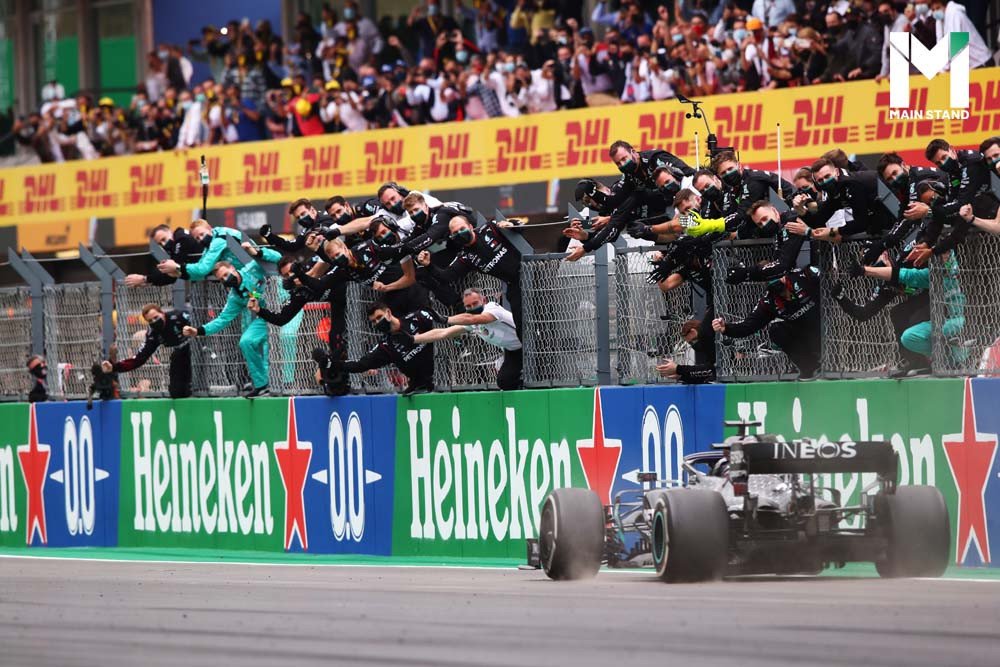
Of course, all the 20 drivers currently competing this season have different levels of skill. Some prosper with the bigger teams who are racing front rows. Some are good at overtaking from the middle of the pack. But they are all undeniably the best of the best. They require great physicality to endure a great amount of g-force put on them while racing, and need mental toughness to concentrate and endure the high pressure on them at all times. They also need practice so much that every turn and corner from every circuit is encoded into muscle memory.
At the same time, the constructors have to research and develop their cars to reach peak performance, with many questions to answer. Which angle should the front wings take? How are the aerodynamics? Would they have to sacrifice the downforce for higher speed in straight? Would they rather take the ‘back of the grid’ penalty for newer and better engines? When are the pit stops? When to let the cars out to give the best time in qualifying?
Both drivers and teams must go side by side, and an imbalance will surely lead to defeat. Unfortunately, this doesn’t bring us any closer to determining which one is more important.
Even though we still can’t find the real conclusion here, what about some study cases from the race? Would it yield any answers?
Mclaren used to have Fernando Alonso, a two-time world champion, as their driver from 2015 to 2018, during which time they were using Honda’s engine. Unfortunately, Honda was still developing their prototypes at the time, so their engines lacked stability. Fernando had to retire from many races and never finished on the podium in the time he was with the team.
But when he was back again with Alpine, the Spaniard had been able to help Estaban Ocon attain his first victory by defending Lewis Hamilton many times throughout the race and even snatched the third place in QatarGP for himself in 2014.
These examples might score a point for the drivers. But the case of Mercedes might add even more complexity to the situation. Back in 2014-2021, they truly reigned the turbo hybrid era, so much so that they have won eight consecutive constructors championships.
But in 2022, Mercedes’ machines were met with “porpoising” issues and had inferior engine performance compared to the other big teams like Ferrari or Red Bull. As a result, Sir Lewis Hamilton, who reigned the previous era for eight years, was pushed to the midfield.
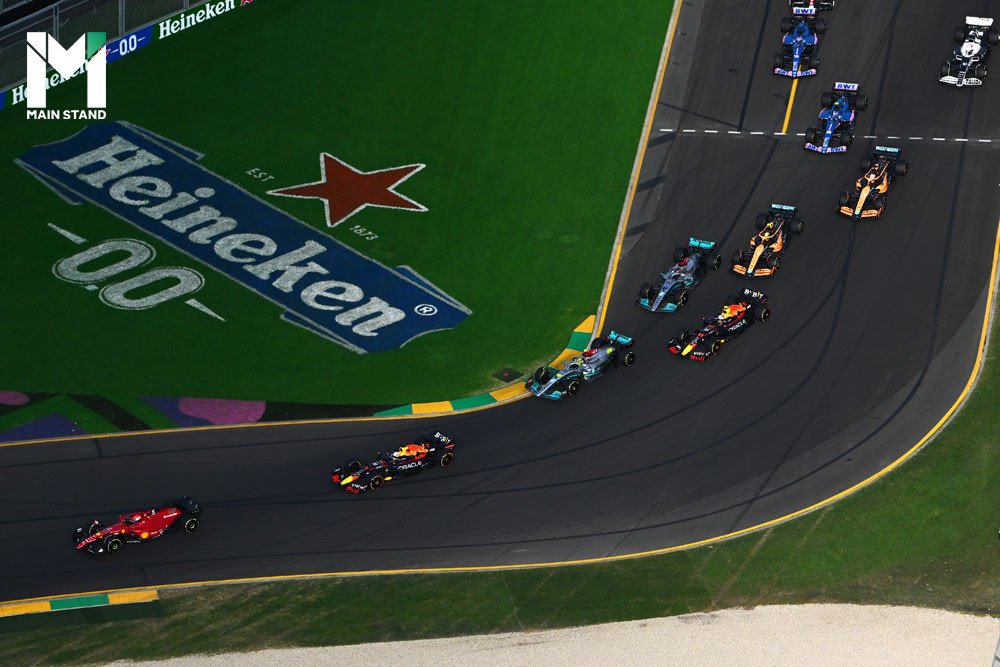
Meanwhile, George Russell, who just recently moved to Mercedes this season, has been keeping the record of finishing no lower than fifth position in eight races since the start of the season. This begs the question of why the seven-time world champion would lose to the new kid on the block when racing for the same team. This adds another point for the drivers - the right driver at the right time can make all the difference.
In the end, defining what’s the most important thing might depend on which perspective you are looking from. As mentioned above, each Formula 1 team is like an ecosystem that needs to works together - does it really matter which is more important when both are indispensable?
Sources:
https://www.quora.com/What-is-more-important-in-Formula-1-the-car-or-the-driver
https://www.youtube.com/watch?v=v2hyJ_XVmv0
https://www.youtube.com/watch?v=OMN0oB0Waqw
https://www.reddit.com/r/formula1/comments/mcplii/value_of_car_vs_driver/




